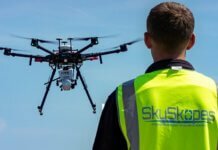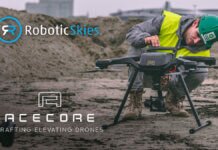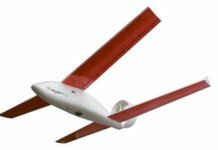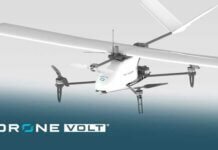Insitu, a Bingen, Wash.-based Boeing subsidiary, has introduced the next generation of its ScanEagle unmanned aerial system (UAS), the ScanEagle 2.
Leveraging lessons learned from more than 800,000 operational hours, Insitu says, ScanEagle 2 provides increased payload power and expanded payload options; a more robust navigation system; better image quality due to a fully digital video system; and a purpose-built propulsion system. The aircraft’s new architecture also maximizes commonality with all Insitu systems, reducing training, hardware and lifecycle costs.
“ScanEagle 2 will shepherd us into the next two decades as we focus on reliability and affordability and enter the civil/commercial market,” comments CEO Ryan M. Hartman, who was named to the executive position earlier this summer.
Recent examples of commercial/civil ScanEagle operations include flights at the Nevada UAS test site, as well as monitoring wildfires in Alaska and Washington.
According to Insitu, ScanEagle 2 employs a whole-systems approach to affordability and higher reliability that includes a new propulsion system – the first reciprocating internal combustion propulsion system designed and manufactured specifically for small-UAS-class vehicles.
ScanEagle 2 also enables commonality with other unmanned systems, thanks to an open-architecture ground-control system, as well as a launch-and-recovery system it shares with Integrator, Insitu’s other unmanned platform.









